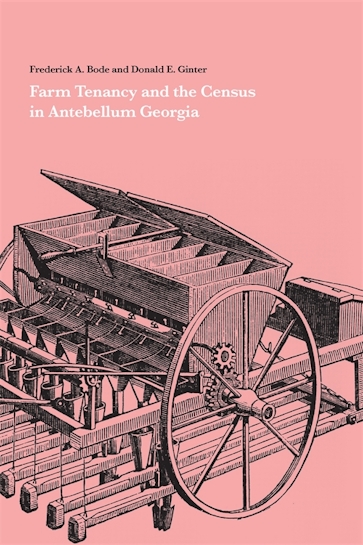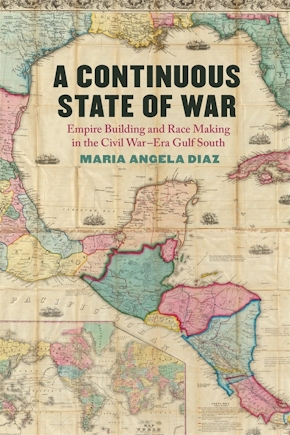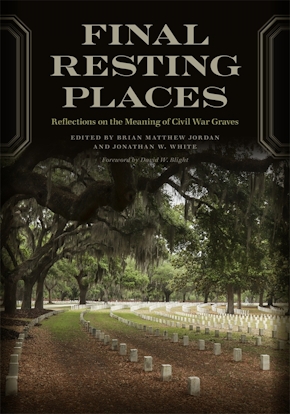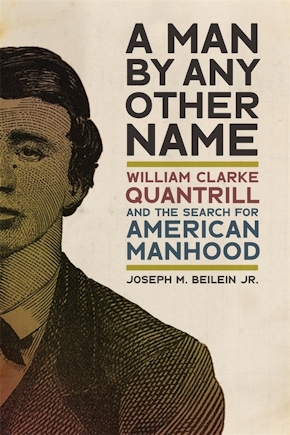Farm Tenancy and the Census in Antebellum Georgia
Title Details
Pages: 304
Trim size: 6.000in x 9.000in
Formats
Paperback
Pub Date: 03/01/2008
ISBN: 9-780-8203-3198-0
List Price: $34.95
Other Links of Interest
• Learn more about tenant farming at the New Georgia Encyclopedia
Farm Tenancy and the Census in Antebellum Georgia
Skip to
- Description
- Reviews
Historians of the nineteenth-century rural South have long distinguished the antebellum agricultural system of plantations and gang-style slave labor from the family tenancy system that is thought to have developed only after the Civil War. In Farm Tenancy and the Census in Antebellum Georgia, however, Frederick Bode and Donald Ginter demonstrate a far greater consistency in economic traditions than many historians have recognized. Through a detailed critical interpretation of the 1860 federal census, Bode and Ginter show that extensive family tenancy, and probably sharecropping, were not the creations of Emancipation and Reconstruction, but instead were widely present before the upheaval of the Civil War.
Bode and Ginter's analysis of the 1860 census reveals a complex rural economy of plantation owners, slaves, and yeoman and tenant farmers. Though census agents lacked a category for reporting tenant farmers and therefore often devised their own methods for recording land tenure, Bode and Ginter examine the agricultural and population schedules to reveal coherent regional patterns of tenancy. In older areas of greater cotton cultivation, tenant farmers were relatively scarce; in areas of recently cleared land within the cotton belt, and even more strikingly in the upcountry, tenant farming was pervasive. Bode and Ginter's findings not only demonstrate the presence of antebellum tenant farmers and sharecroppers but also dispel the current conception of yeoman farmers reduced to tenancy on their return from the battlefields of the Civil War. They show, finally, how new regional patterns of tenancy followed the demise of slavery.
Probing the shifting relations between races and social classes in the nineteenth-century rural South, Farm Tenancy and the Census in Antebellum Georgia revises the dominant scholarly view of the region's social and economic history by carefully measuring the true extent of the changes brought by the Civil War.
A very thorough and detailed investigation of the data upon which much historical investigation has been based. The book is a model of how to proceed when data are conceptually ambiguous. It will challenge a variety of existing preconceptions about the nature of the antebellum South and also about the political economy of the postwar transition.
—Phillip Wood, Annals of the American Academy of Political and Social Science
A provocative empirical study and is likely to stir controversy and motivate research for years to come.
—Donald F. Schaefer, Agricultural History
This is a careful, sophisticated study of an important issue. The conclusions are sound, judicious, and convincing. This book should lay to rest the debate over the incidence of farm tenancy in the antebellum South and force reconsideration of the uniqueness of the post-bellum agricultural structure.
—Donald L. Winters, Journal of Economic History
This is an impressive and valuable work. It shows once again how important local and state studies are for a full understanding of American history. Historians of the South and of nineteenth century American agriculture will have to take this book into account.
—Richard Lowe, Journal of Southern History
No student of nineteenth-century southern agriculture can ignore this study. The University of Georgia Press should be commended for advancing our understanding of this important topic by publishing what is principally a methodological study.
—Whitman H. Ridgway, American Historical Review



